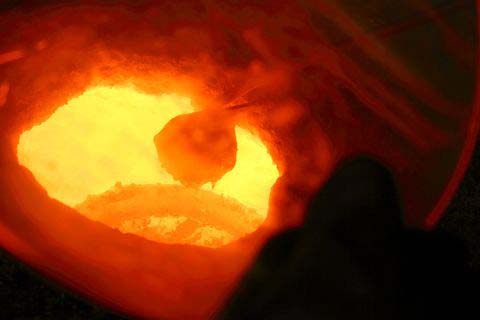
Coping with the Death of a Loved One
Coping with the death of a loved one is most often one of the very hardest of the major life transitions we will face. Many other things will try us, but the loss of a loved one will fundamentally impact our sense of who we…

